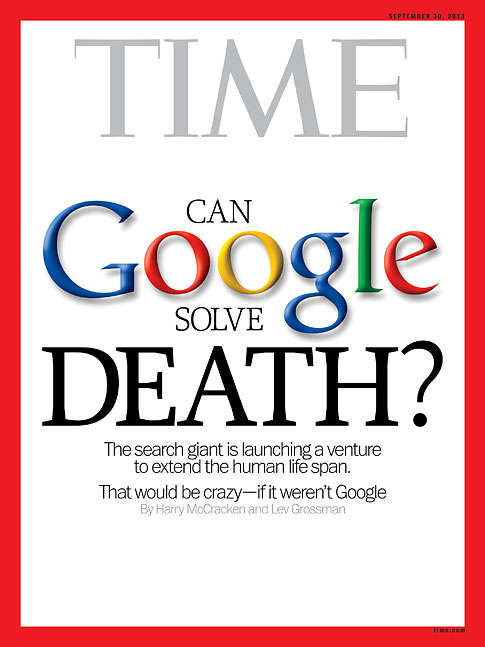
(7 of 7)
Page says his primary responsibility is to make sure that the entire organization errs on the side of thinking big. "Larry always asks hard questions," says Brian McClendon, VP of Google Geo, who joined in 2004 when the company bought his startup and renamed its 3-D-mapping program Google Earth. "Sometimes he asks unreasonably hard questions. He forces you to think, 'Did I actually get as much out of this plan as I could have?' He does that even when you do great things."
Despite its founder's emphasis on focus, Google is not immune to distractions. In August, technology site All Things D reported that Brin and Wojcicki had separated, setting off an unprecedented flurry of coverage of their personal lives. More important, even juggernauts like Apple and Amazon have learned how willing investors are to punish overly long-term bets by driving down a company's stock price if they are displeased. So far that hasn't been a problem: Google's stock hit its all-time high in July at $928 a share.
Page concedes that he's been known to underestimate how tough it all can be: "I'm very optimistic and certain about things, so I always assume they're going to get done quickly, but actually they take a long time." He says he initially thought Google could whip up great software for next-generation smartphones in a year but learned that getting Android there was a half-decade effort. Though it did get there: Android is closing in on an 80% share of the smartphone market.
Again, he sounds impatient. "Big companies--and maybe even Google too--we're not as good as we should be at starting these things up early enough so that it's really done by the time we need it to be a real business." Though Page doesn't mention Google+, the company's attempt to roll an array of services into a cohesive Facebook competitor, it's a case in point: In 2011 he tied part of every employee's bonus to their contributions to Google's social effort. The results, though slick, haven't yet gelled into anything with a fraction of Facebook's impact or revenue.
The truth about Page's brand of 10x thinking is that it creates a never-ending cycle. If you believe that it is always possible to be 10 times better than your current self (or the other guy), it is impossible to reach a state of self-satisfaction. Which means that even if Calico, Glass, self-driving cars, Makani Power and Project Loon all turn out to be wild, epoch-shifting hits, success for Google will still be another moon shot or two away. And Page will probably be fretting that the company isn't moving fast enough to launch them.
